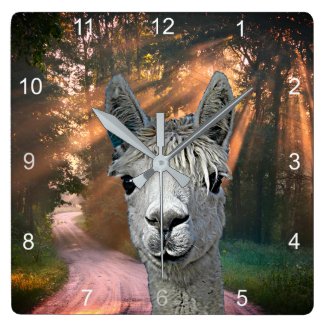GOLDEN WHISTLER
How wonderful it is to see some of our less common native birds in the town and in our gardens. Planting flowering Australian shrubs, and if possible, trees like our indigenous Grey Box or Yellow Gum or a flowering Ironbark, provides the food and the incentive for their visits. The exotic Eastern Spinebills who visit our small garden regularly in autumn and winter, only come to feed on the tubular flowers of the Correas in the pots beside the glass doors of the dining area, and in spring, the bottle-brush over near the shed.
We do not have many significant songbirds in our region. Most common would be the Grey Shrike-thrush with its musical song. This bird might visit you as it moves between bush-land and the larger gardens with native trees and with leaf-litter where it forages before flying onto the lower tree branches to sing.
But there is a bird, which once seen and heard, will never be forgotten. It most often visits in autumn and winter. We were lucky enough to have one visit our garden a couple of years ago and which stayed around for almost a week. The Golden Whistler Pachycephala pectoralis is beautiful to look at and to listen to. You will seldom see the bird up close, as it tends to feed high up in the canopy of taller trees. The song is loud and clear and very beautiful, but, as happened to me, I could hear the Whistler clearly as though it was very close, but it took quite a long time to locate it much higher up in the tree than I first thought.
Our birds are always interesting. They are constantly on the move in search of food, be it nectar for the honey-eaters, or insects for the smaller birds, Wrens, Robins, Pardalotes, Thornbills and others. Sometimes you won’t know they are there until you walk out into the garden.
Try keeping a pair of binoculars close to the back door or the kitchen window. On a cold winter’s day in Maldon, it’s well worth it.

